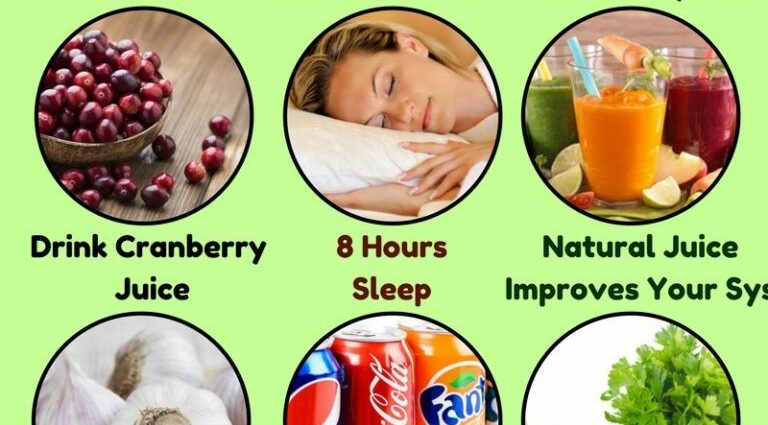What to drink for kidney pain
Kidney disease is often accompanied by severe pain. Your doctor should tell you what to drink for kidney pain, but there are several ways to relieve pain before going to the hospital or an ambulance.
Why do kidney pains occur?
The function of the kidneys is to cleanse the blood, remove toxins from the body. With various diseases, this paired organ may lose its ability. In addition, the disease can be accompanied by severe acute pain, which literally fetters the entire human body.
The most common kidney diseases:
pyelonephritis – an acute or chronic inflammatory process of infectious genesis of the outer membrane of the kidneys and their pelvis;
urolithiasis disease. The pathological process of the formation of stones in the kidneys, urinary and gall bladders. Caused by metabolic disorders, autoimmune or acquired diseases;
hydronephrosis. Violation of the outflow of urine in the kidney (kidneys);
renal colic. A syndrome triggered by one or more diseases, in which the patient feels severe sharp pain in the lower back and directly in the affected kidney.
Each of the diseases is dangerous and requires urgent medical attention and hospitalization. Therefore, in case of back pain, accompanied by impaired diuresis (urine outflow), fever, sudden nausea, fever, it is necessary to call an ambulance. It is categorically not recommended to take anything yourself, it can aggravate the situation and lead to irreparable consequences.
But there are several safe ways to relieve the patient’s condition.
What to drink when your kidneys hurt
The only thing that can be recommended at home to relieve symptoms is a few small sips of water before the doctor’s visit. What is drunk for kidney pain in the hospital is strictly controlled by a nephrologist or therapist. Usually, complex therapy is used for kidney disease, which includes hormonal drugs, pain relievers, drugs that relieve spasm of smooth muscles, and antibiotics. At home, if the pain becomes unbearable, you can take a pain reliever that you have already taken, or a no-shpa pill. Be sure to write down which drugs, how much and when (exact time) you took, and give these records to your doctor.
Sometimes kidney pain can occur with chronic cystitis, a disease of the bladder. If, after consulting a doctor and receiving appointments, you still have questions about what you can drink, then the following information will help you:
exclude from the diet everything spicy, sharp, sour and alcohol;
drink light fruit compotes, fruit drinks;
to cleanse the body of toxins, drink chamomile tea (a teaspoon or a tea bag of dry leaves in a glass of boiling water).
Remember that the kidneys do not like the cold. Dress well and wear long jackets or coats, this will save you from diseases that are easier to prevent than to cure.
Now you know that you can drink water, fruit drinks and herbal teas for pain in the kidneys. Self-selection of drugs can result in serious complications.
And if your kidneys often hurt, include cranberries in your diet. It is ideal for combating disease-causing microbes that cause dangerous kidney disease and inflammation. It also normalizes the kidney function of watermelon or watermelon juices.
Nephrologist, Candidate of Medical Sciences.
– If in the side, lower back, area of the lower ribs suddenly there is an acute pain, it is necessary, without delay, to call an ambulance. You may have renal colic. Anesthetic should not be taken: an attack of colic can mask an acute surgical pathology, for example, appendicitis or pancreatitis. As a last resort, you can drink an antispasmodic. To alleviate the condition, sit in a hot bath for 10-15 minutes, thermal procedures will relieve pain for a while.
One of the conditions for the normal functioning of the kidneys is the correct drinking regime. You need to drink at least 1-2 liters of clean water per day, this is especially important for people prone to urinary infections and urolithiasis. In case of severe impairment of renal function, it is important to limit protein intake: damaged kidneys are not able to excrete protein breakdown products in the required amount, and nitrogenous toxins accumulate in the blood. It is impossible to completely abandon protein, the body will begin to take the necessary amino acids from muscle tissue.










